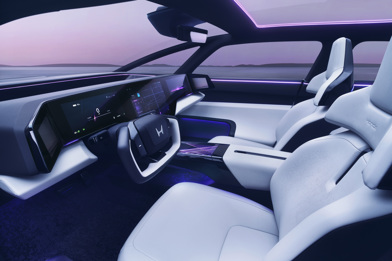Audi is adjusting its electrification strategy by expanding its plug-in hybrid (PHEV) lineup while anticipating a delayed transition to fully electric vehicles (EVs).
This shift in focus comes as the company grapples with an industry-wide weakening of demand for all-electric models, such as Audi's Q8 e-tron, which may be reportedly be discontinued sooner than originally planned.
Audi's revised approach reflects a broader trend among automakers who are reassessing their EV strategies in light of slower-than-expected adoption rates.
Audi's new strategy

The decision to ramp up PHEV production aligns with Audi owner Volkswagen Group's revised outlook on the timeline for achieving an all-electric future.
Audi CEO Gernot Döllner acknowledges that the transition will "take longer than we initially thought," highlighting the role of PHEVs as a crucial stepping stone in this process.
PHEV pivot
Audi's shift in focus to PHEVs is evident in its development of a new "family of combustion engines" designed specifically for these hybrid models.
These new engines, combined with larger battery packs, aim to deliver an electric-only range of up to 100km. This extended range could address one of the key concerns potential EV and hybrid car buyers have—range anxiety.
Döllner envisions the next decade as a "transition phase with three relevant drivetrains": internal combustion engines (ICE), PHEVs, and fully electric vehicles.
While Audi maintains its target of going all-electric by 2033, the company recognises the need for a diverse range of powertrain options to cater to different customer preferences and needs during this transitional period.
In any case, Audi currently sells the Q5 TFSI e as its lone PHEV model in New Zealand. The compact SUV, which we crowned as 2023's best PHEV of the year, currently starts at $117,900.





